Mental Health Warriors of PPR Batu Muda
Depression affects nearly one million people in Malaysia, according to the National Health and Morbidity Survey 2023. Of those, half have experienced thoughts of self-harm or suicidal tendencies. Among children, the situation is as alarming — one in six face mental health challenges, a figure that has doubled since 2019.
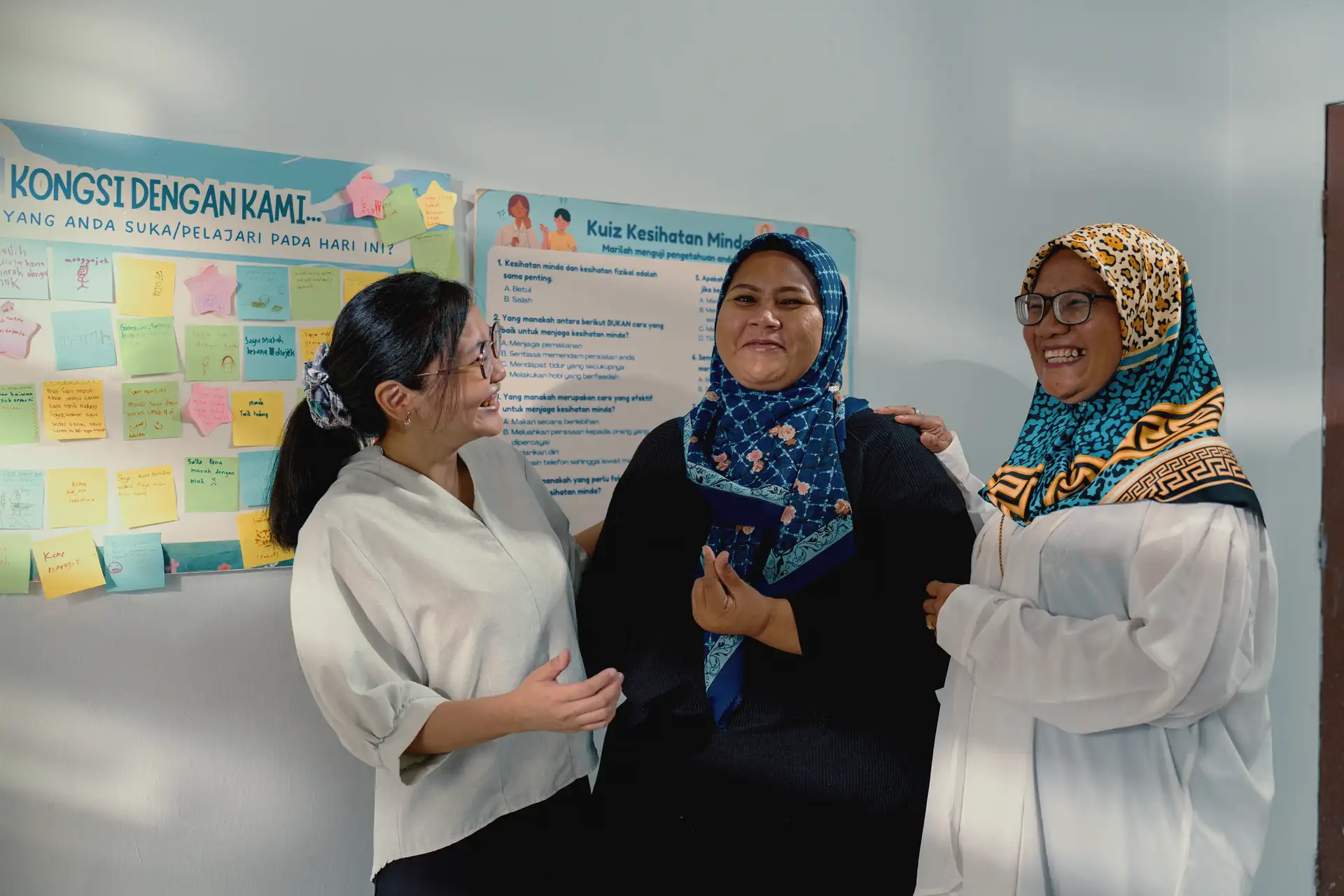
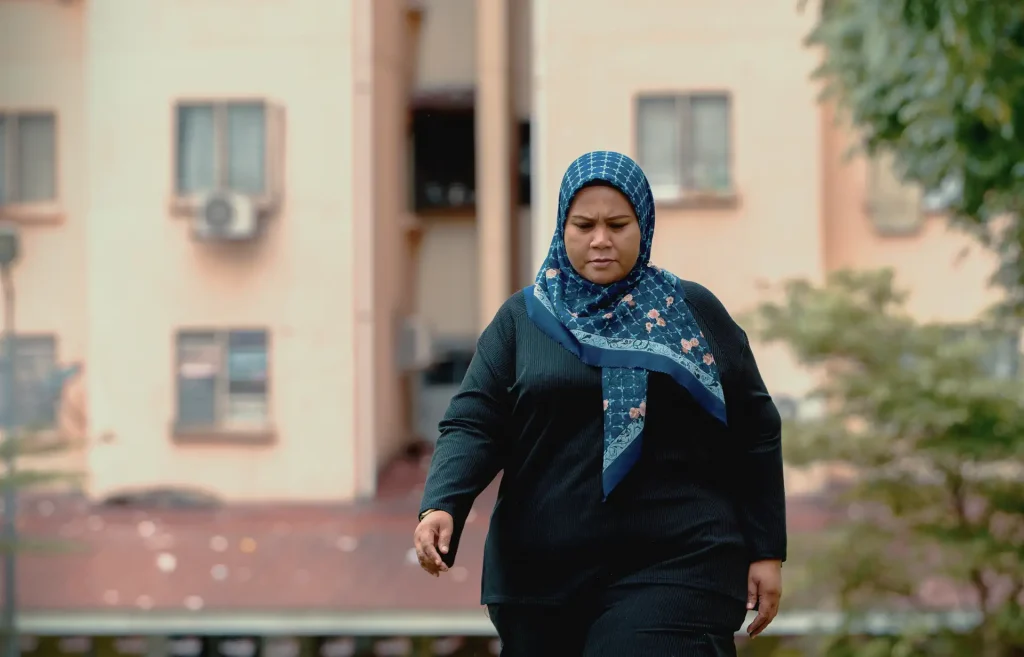
These numbers represent real people: the neighbour who smiles at you in the lift, the child on a swing at the playground and the uncle who runs the kedai runcit down the road.
Their struggles may be invisible, but they are no less real.
Also buried within these statistics is a harder truth: for many, the fear of being judged makes silence feel like the safer choice. Stigma becomes a concrete wall between quiet suffering and the support they deserve.
To understand how far we have come — and how much further we still need to go — it is worth looking back.
Malaysia’s formal mental health system began over a century ago with Hospital Bahagia Ulu Kinta — better known as Tanjong Rambutan — in 1911. As the country’s pioneer psychiatric institution, it played a central role for decades. Over time, its name became a slang to describe someone as mentally unwell. Though often said in jest, it represents the lingering discomfort surrounding mental health in Malaysian society.
The 1980s and 90s saw a move towards deinstitutionalisation, introduction of psychiatry units in public hospitals and a growing awareness that mental health should be part of primary care.
Where Change Begins
At Projek Perumahan Rakyat (PPR) Batu Muda, a public housing complex located in Kuala Lumpur, change is taking root — quietly, but powerfully. A group of women are dismantling long-held misconceptions, chipping away at fear and shame through steady acts of courage and care.
Their partner on this mission is Thrive Well, a social enterprise bringing sustainable psychological care services to marginalised and underserved communities, in particular. One example is its Program K.A.M.I (Keluarga Akrab Mencapai Impian) initiative that strengthens familial bonds through parental coaching and other activities with B40 communities.
Program Harmoni was introduced here during the COVID-19 outbreak, when emotional resilience was stretched thin. Aware of the hesitation toward the subject, Thrive Well — in partnership with Women of Will — designed a gentle entry point: pairing mental health support with nutrition workshops. This two-pronged approach helped participants open up to conversations generally avoided, says Teoh Rhu Yie, Thrive Well’s community development lead and a clinical psychologist.
This holistic view underpins the Hasanah Special Grant through which this programme is supported alongside the Ministry of Finance. “Working with MoF, poverty is tackled through a multi-dimensional lens that focuses not only on income generation, but also wellbeing. Utilising the community-based approach, it involves multiple partners, and diverse interventions, all anchored by grassroots empowerment,” Grant Manager for Community Development at Yayasan Hasanah, Koh Xiu Heng explains.
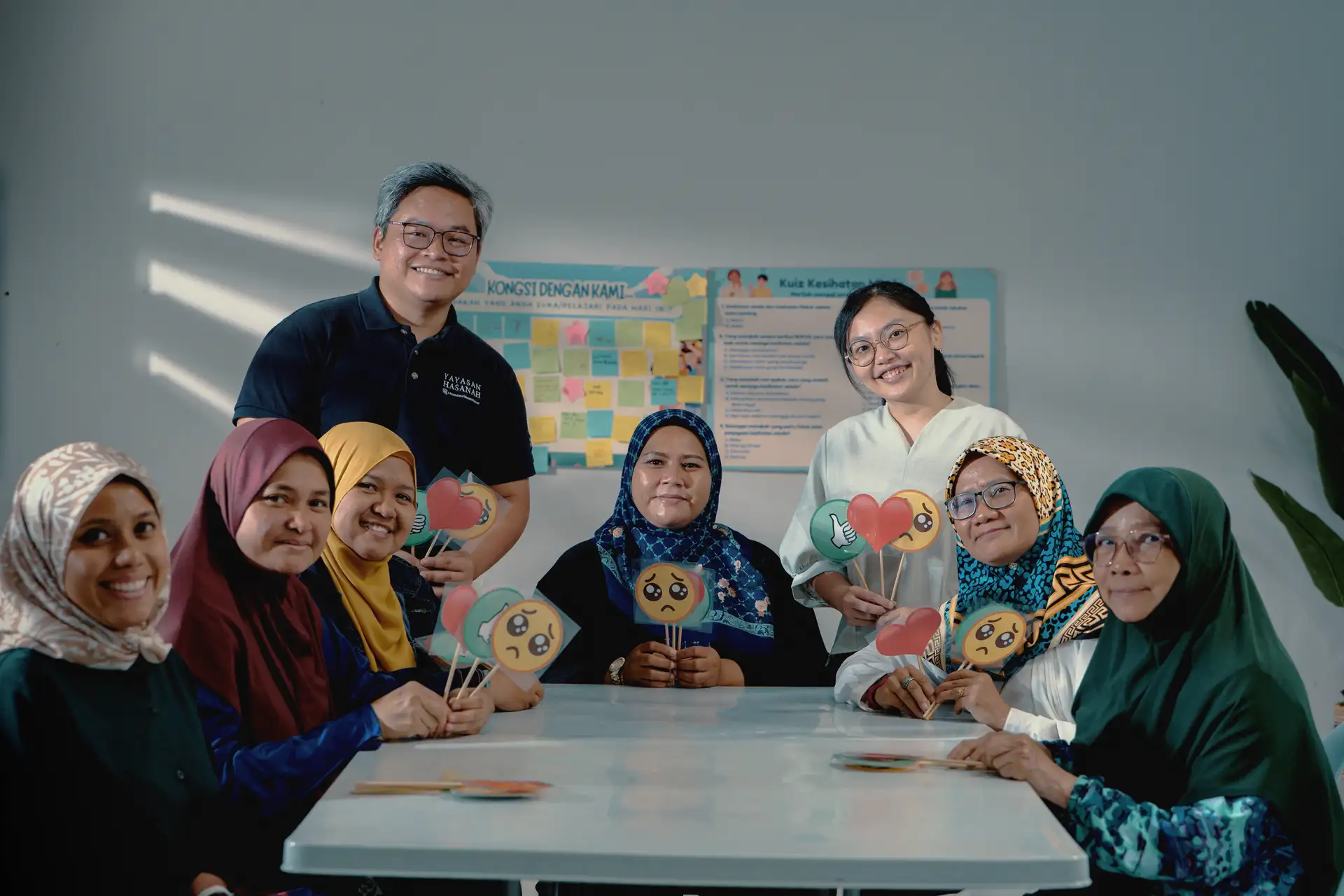
Working with MoF, poverty is tackled through a multi-dimensional lens that focuses not only on income generation, but also wellbeing. Utilising the community-based approach, it involves multiple partners, and diverse interventions, all anchored by grassroots empowerment.”
Koh Xiu Heng, Grant Manager for Community Development at Hasanah
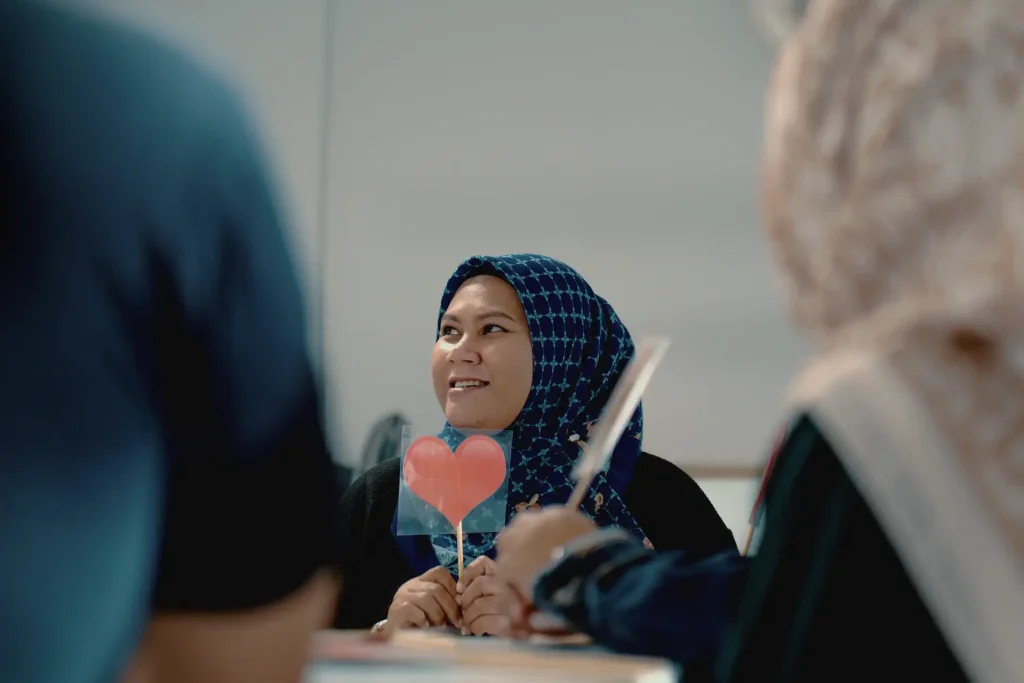
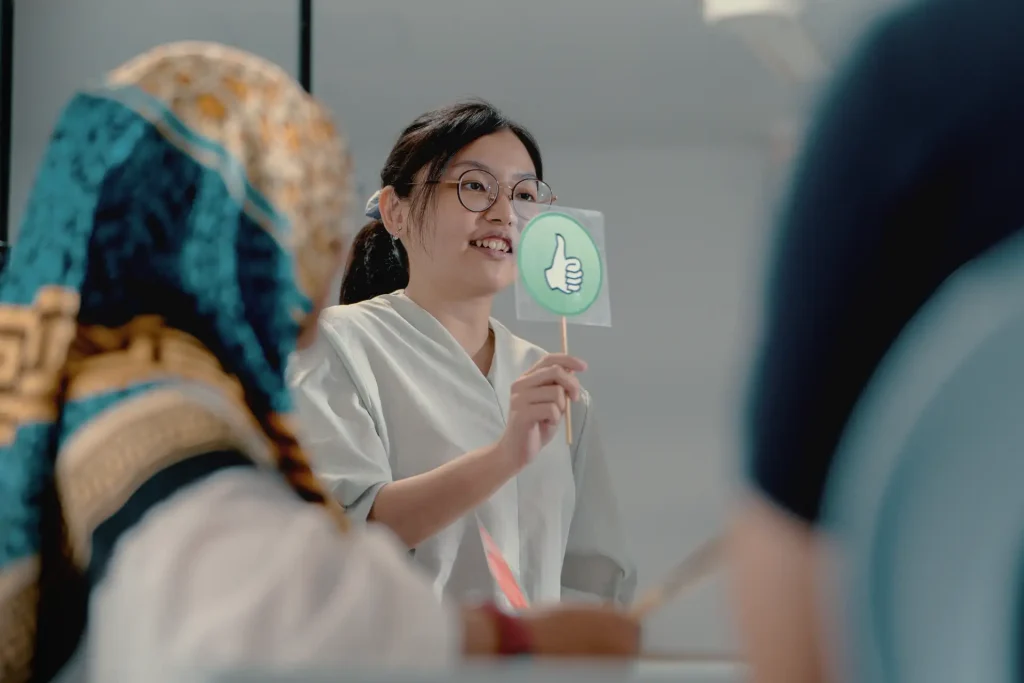
Turning Struggle into Support
Nurulhazren is one of the key change-makers in this quiet revolution led with dialogue, empathy and understanding. To Kak Reen, as she is fondly called, this endeavour is not only meaningful but deeply personal.
When health and financial problems faced during the pandemic led her to being hospitalised, Program Harmoni was a turning point in her life. She learned stress management, regulating emotions, effective communication and locus of control, all of which helped her regain physical and mental health.
“My relationship with my children has gotten closer.I was inspired to start my home-based kuih-making business to increase income,” says the mother of 4 about the changes she experienced. Her biggest win is no longer depending on medication to treat anxiety.
“I want to share these life-changing tools with the people around me so that they too can benefit as I have,” says Kak Reen who is determined to bring more awareness and support to others in PPR Batu Muda.
Ambassadors-in-training learn psychological first aid, and attentive listening without judgment, among other aspects. They also undertake hours of peer consultation and must pass a strict evaluation.
Even after that, building trust of clients takes time and not many were ready to speak openly at first — but Kak Reen sees this changing. The 4 ambassadors in PPR Batu Muda account for 82 hours of peer support consultation thus far. These conversations can take place anywhere in the housing complex — laid-back, accessible and welcoming.
Speaking on the common issues faced by her clients, she is careful to respect confidentiality and shares a general list: marital, health and financial problems, dealing with adolescent children, and neighbourhood disputes.
She believes negative terminology such as “orang gila” — a harmful term she admits to once using herself — can also be eradicated to make room for healthy discourse and understanding.
The Hand That Rocks the Cradle
The kinship between participants is an indirect yet important impact of this programme. “Although we are in the same complex, we didn’t know each other; now we are like family” Kak Reen says in a nod to the bond of sisterhood they share.
These are business owners, wives, mothers and daughters with families and responsibilities of their own yet committed to making a difference in the lives of friends, neighbours and even complete strangers.
Koh regards these women as first responders bridging the mental health gap in marginalised communities. With the national average of 1.27 psychiatrists per 100,000 population — far from the World Health Organisation recommended one psychiatrist per 10,000 — peer consultation, when well-executed is highly valuable.
“Hasanah is proud to support them — it’s an achievement worth celebrating.” This sentiment is shared by their facilitator, Rhu Yie who speaks with an unmistakable sense of pride about the challenges they overcame and dedication to impact others despite their own busy lives.
The shift currently happening at PPR Batu Muda is the result of nearly half a decade of consistent groundwork. For too long, mental health has been a topic whispered about, if spoken of at all. Today, that silence is being broken — not by professionals alone, but by the women within these communities who are changing the conversation, one small gesture and open heart at a time.
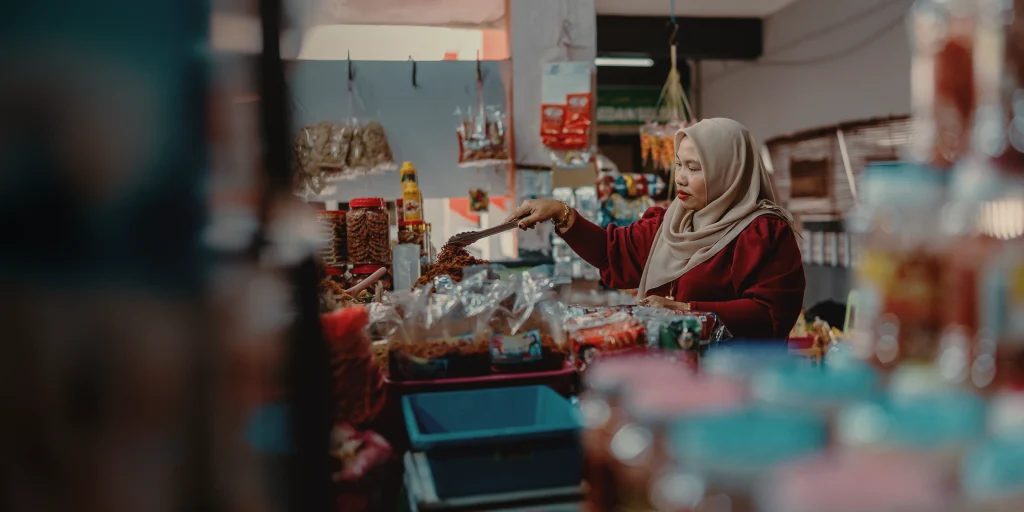
Breaking Tradition: Pasar Besar Siti Khadijah’s Digital Revolution
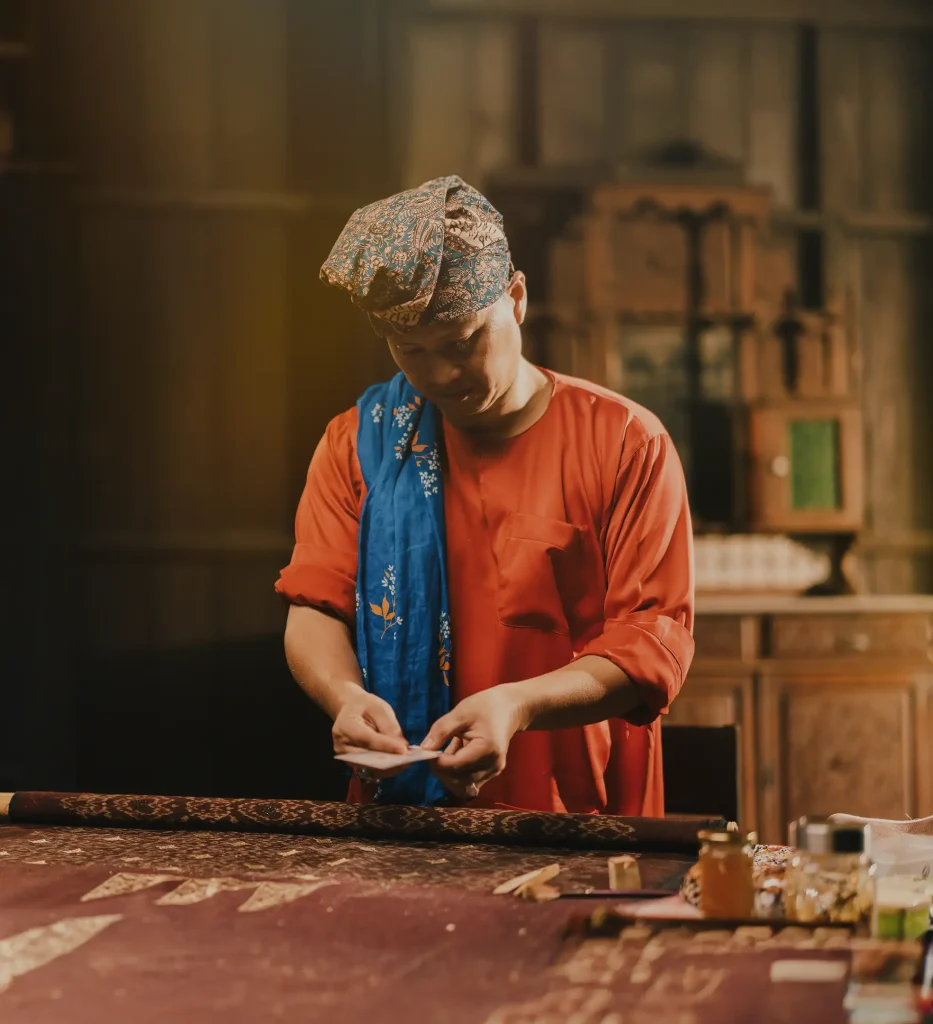
Weaving a Golden Legacy: The Revival of Telepuk in Terengganu
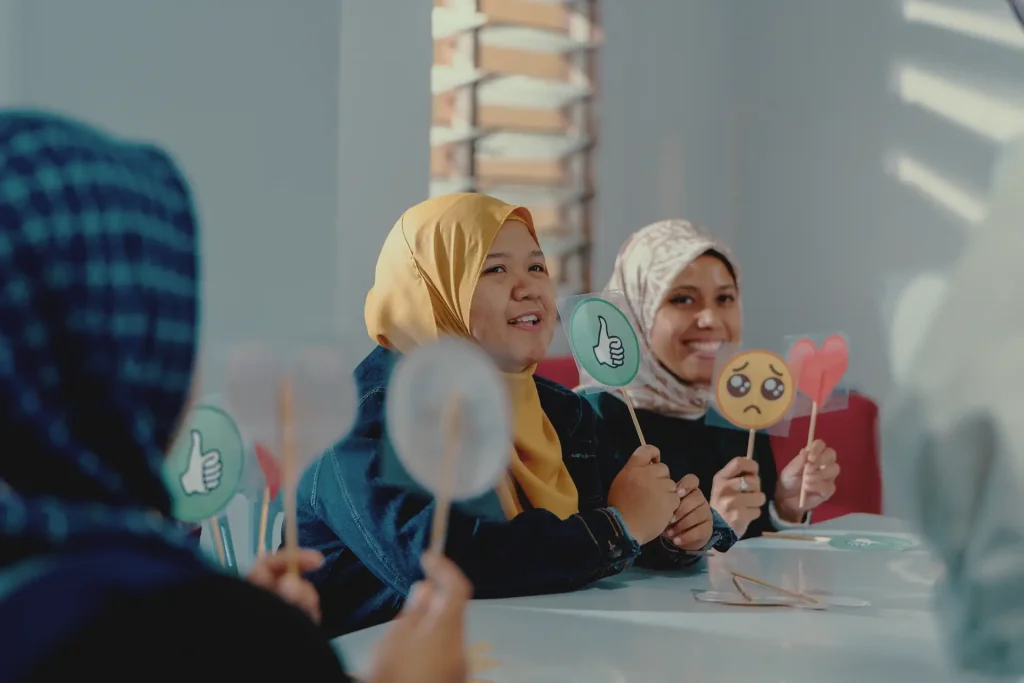
Mental Health Warriors of PPR Batu Muda
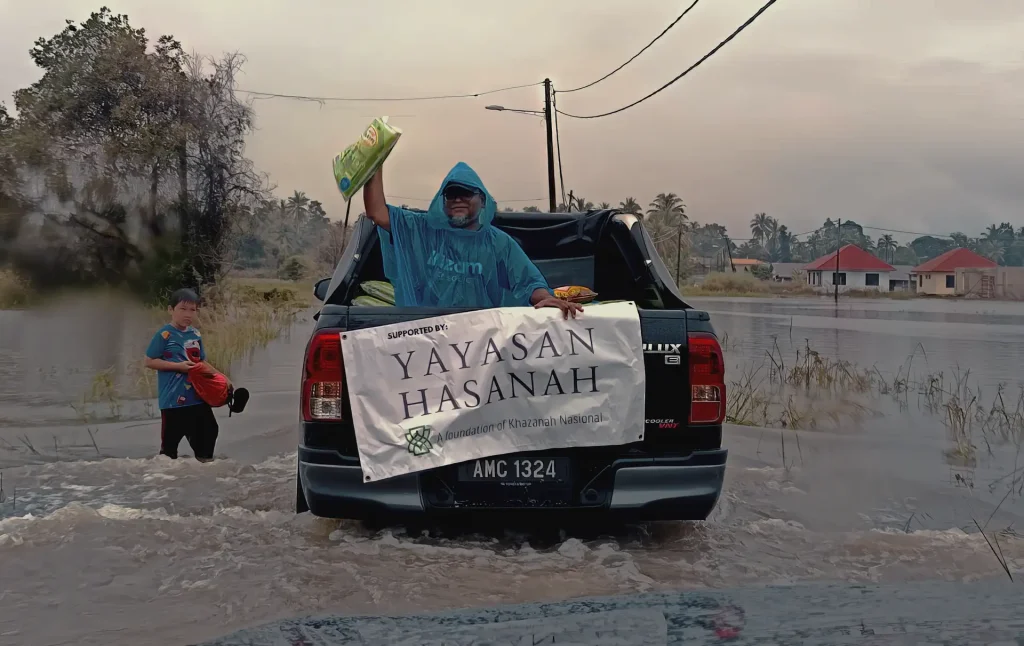
Everyday Heroes: The Malaysians Who Show Up in Times of Crisis
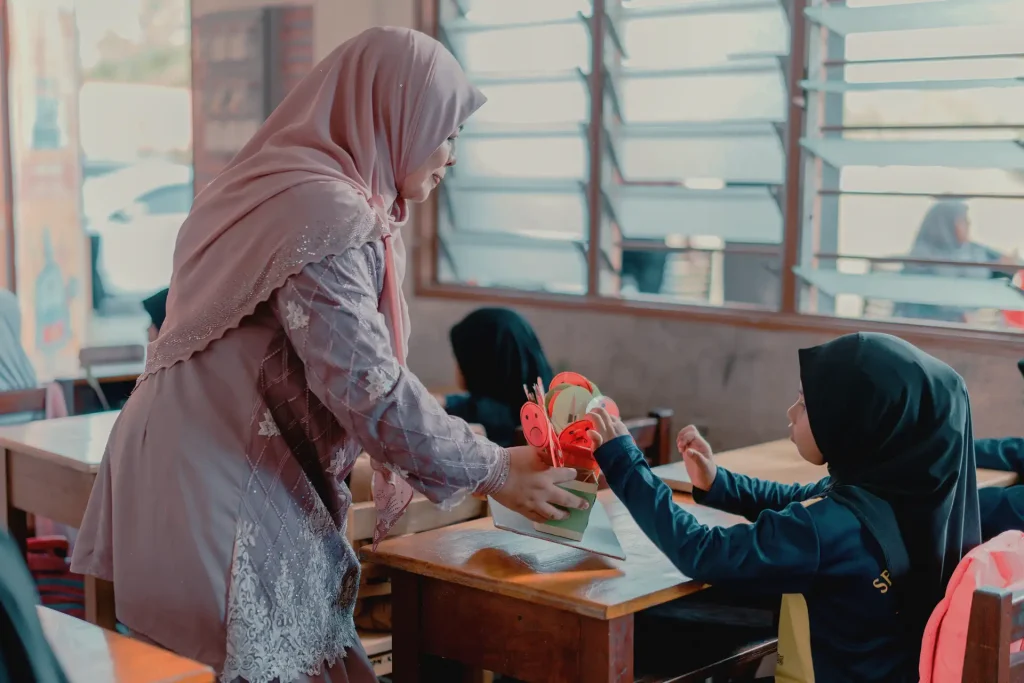
Breaking Taboos: Teachers Lead Kelantan’s Sexuality Education Revolution
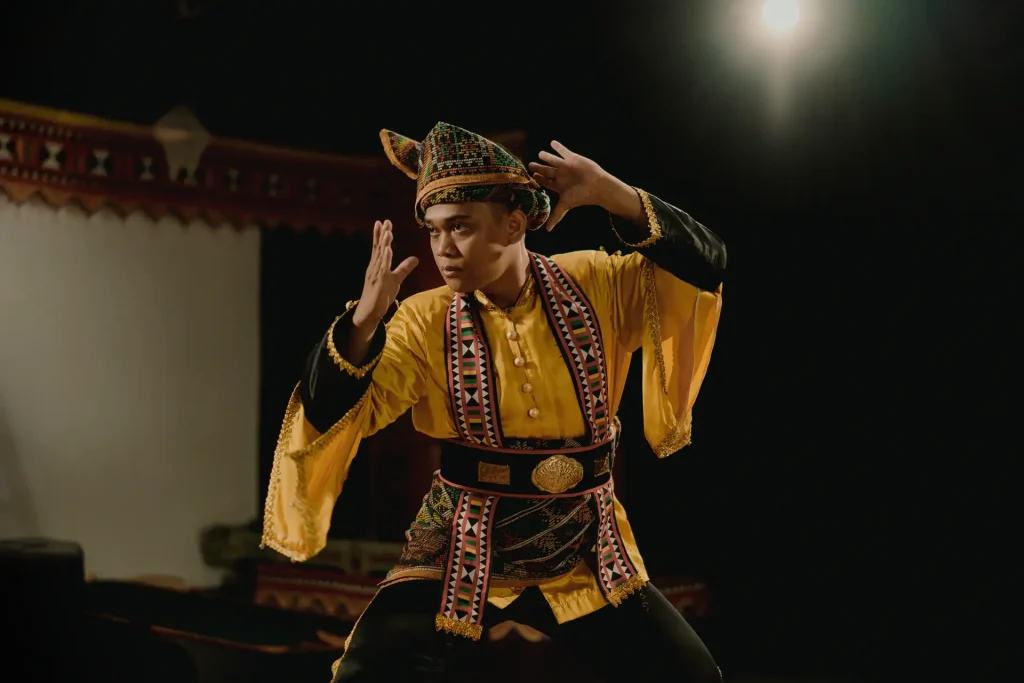
Keeping A Traditional Dance Alive: An Homage to Kuda Pacu
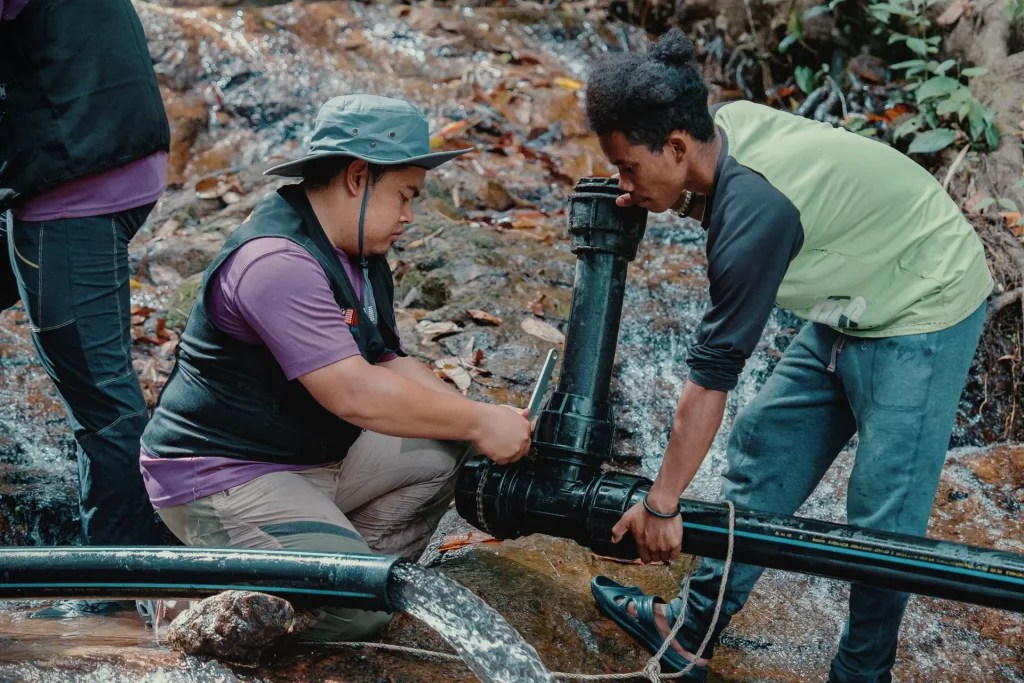
Darkness to Light: Water Access and Solar Power Transforms Perak’s Village
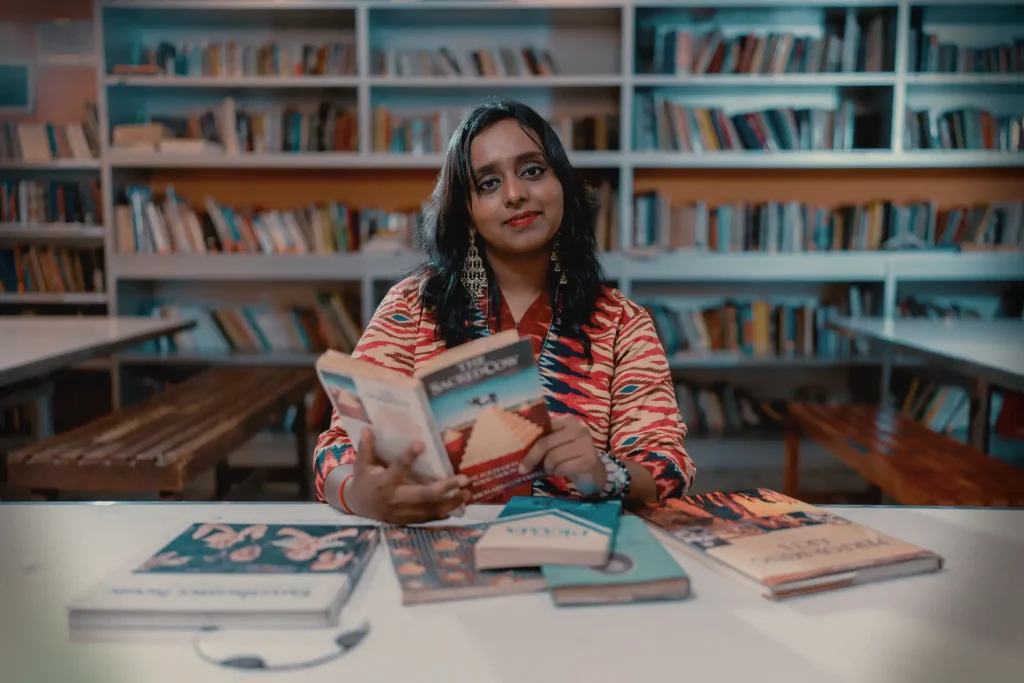
Abbernaa: From Classical Dance to Policy Research
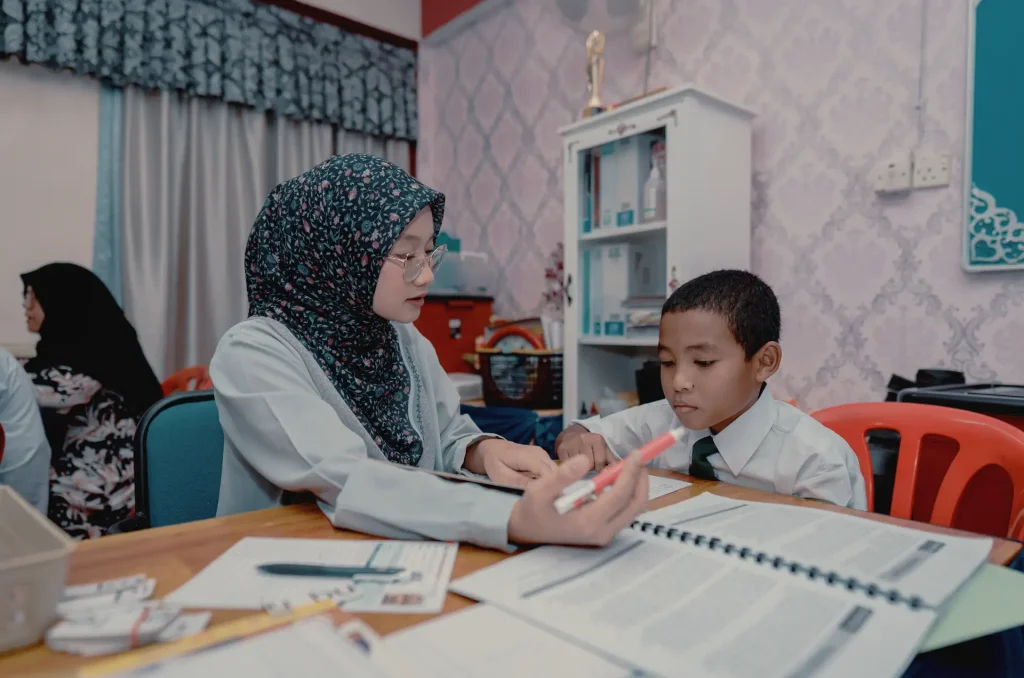
JomBaca: Driving Learning Recovery, Reigniting Dreams for Our Children
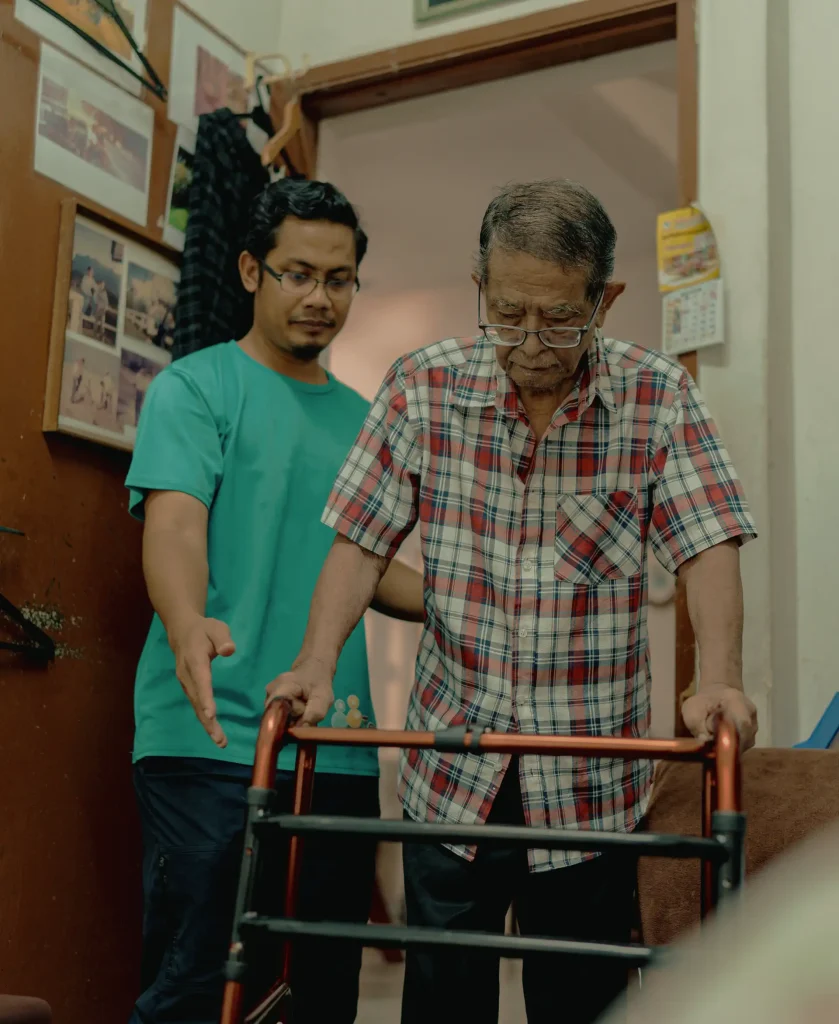
Teman: Fighting Loneliness in an Aging Malaysia
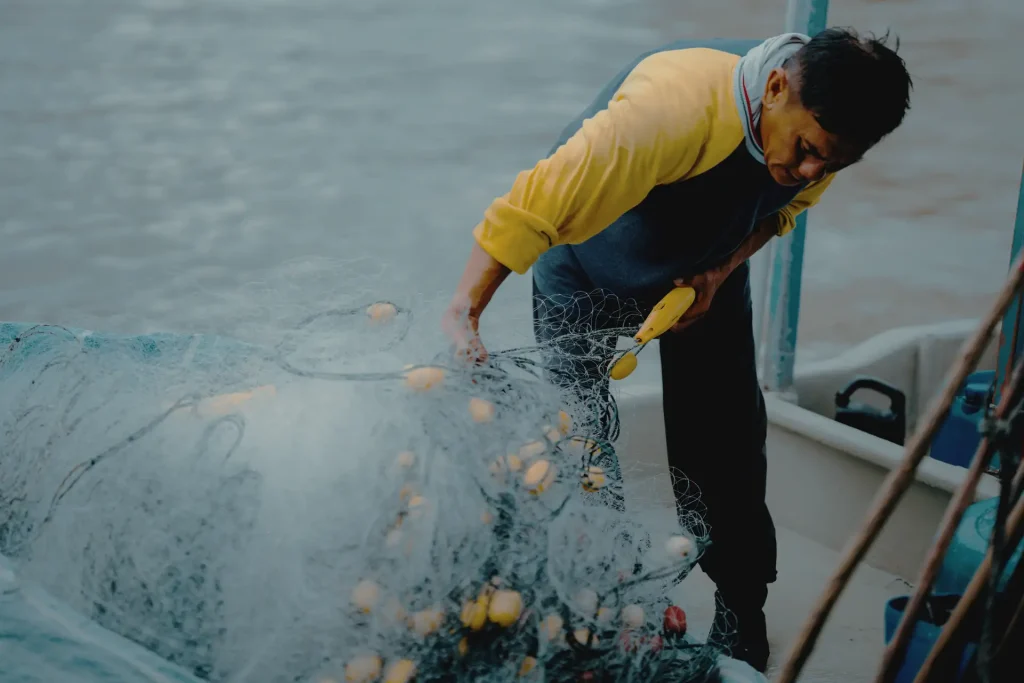
Net Positive: Fishers Protecting Marine Mammals
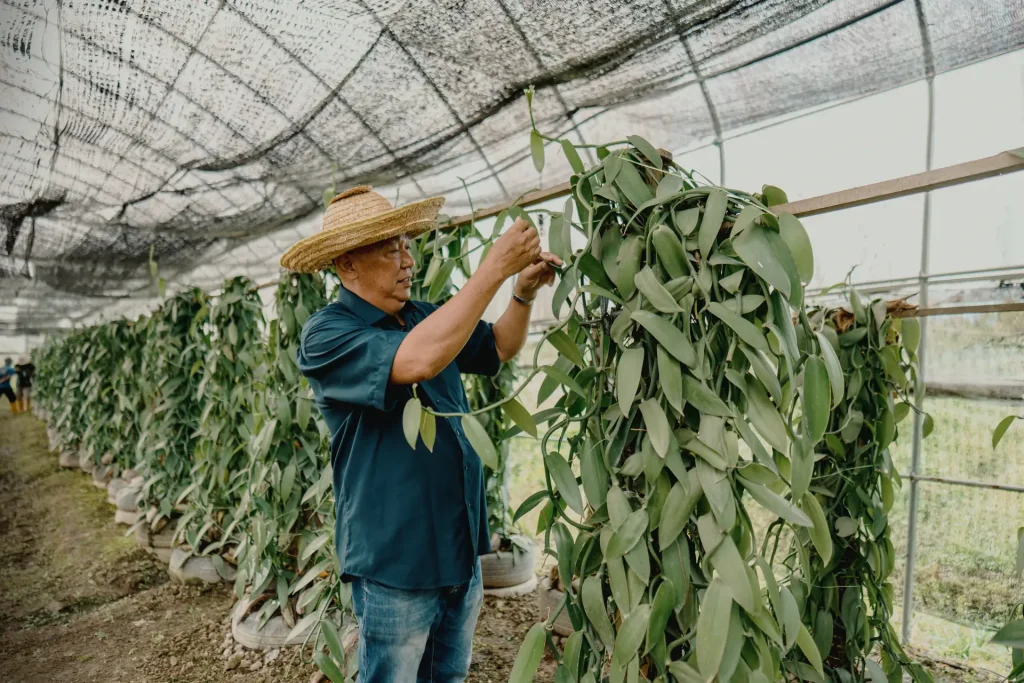
Vanilla Impact: Uncle Alfred’s Mission in Reviving Spice
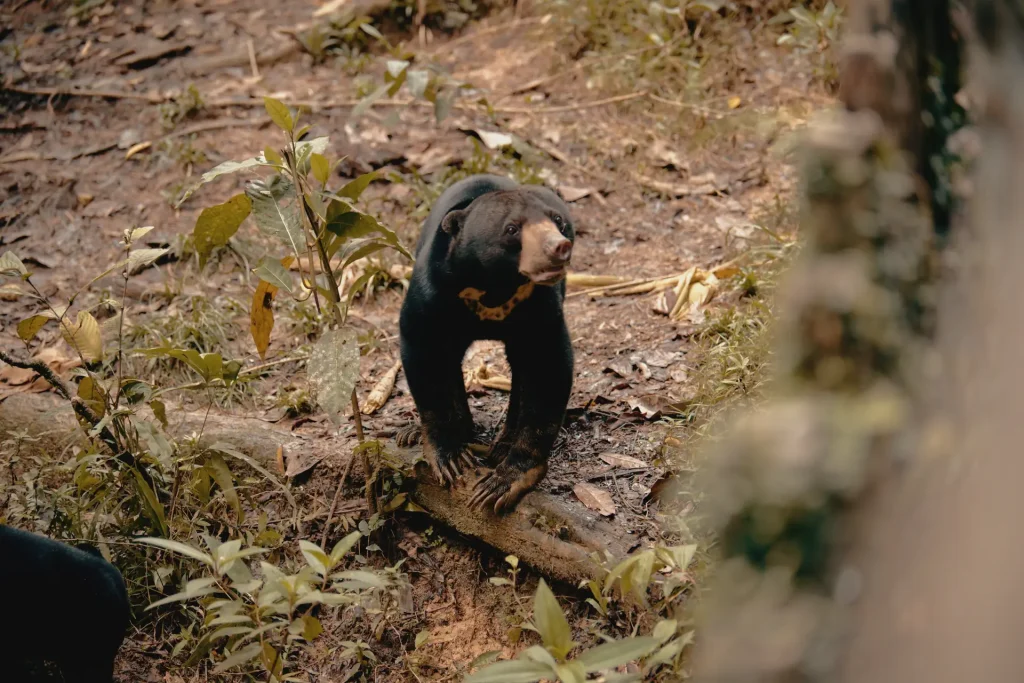
The Mission to Save our Bornean Sun Bear